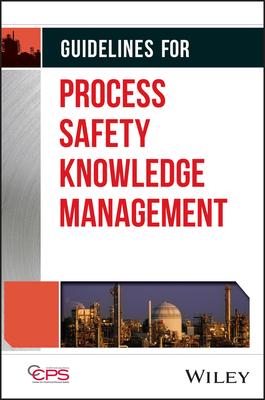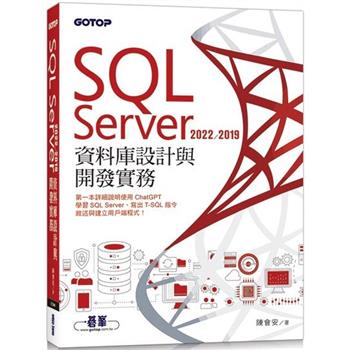Use this guideline to develop an effective Process Safety Knowledge Management system
When managing the risks of hazardous materials and energies, a well-developed process safety program is critical for maintaining a healthy workforce, for protecting the environment, and for sustaining the business. The Center for Chemical Process Safety (CCPS) has identified Process Knowledge Management as one of its twenty Elements in its Risk Based Process Safety (RBPS) approach. With an effective Process Safety Knowledge Management (PSKM) system, an organization will be able to capture, organize, maintain, and access its technical, engineering, and administrative information. Thus, an effective PSKM system will help an organization successfully manage its risks.
This book provides a set of comprehensive guidelines for implementing a Process Safety Knowledge Management (PSKM) system, which will help an organization improve its process safety performance. The book begins with a discussion on the characteristics of a PSKM system. Then it describes the underlying factors for successful implementation and ends with guidance on overcoming common implementation difficulties. Produced by a leading global process safety organization, this book is essential for any organization looking to ensure that systems are in place to sustain their process safety knowledge during the life of the process.
Guidelines for Process Safety Knowledge Management readers will also find:
- Case studies throughout the book, with PSKM-related lessons
- Detailed discussions of how a PSKM system helps cultivate leadership, improves organizational culture, and involves employees
- A business case for PSKM, demonstrating the benefits to the business
Guidelines for Process Safety Knowledge Management is ideal for process safety professionals, engineering managers, facility managers, maintenance managers, production managers, and others responsible for creating or managing their process safety knowledge management systems.












